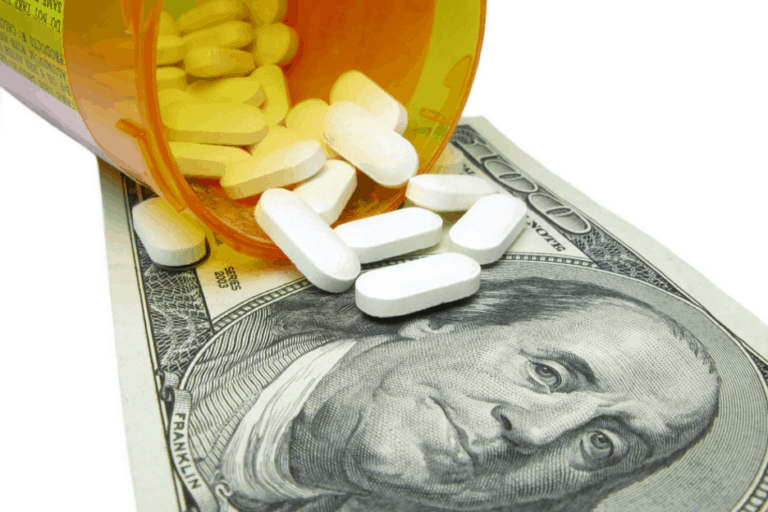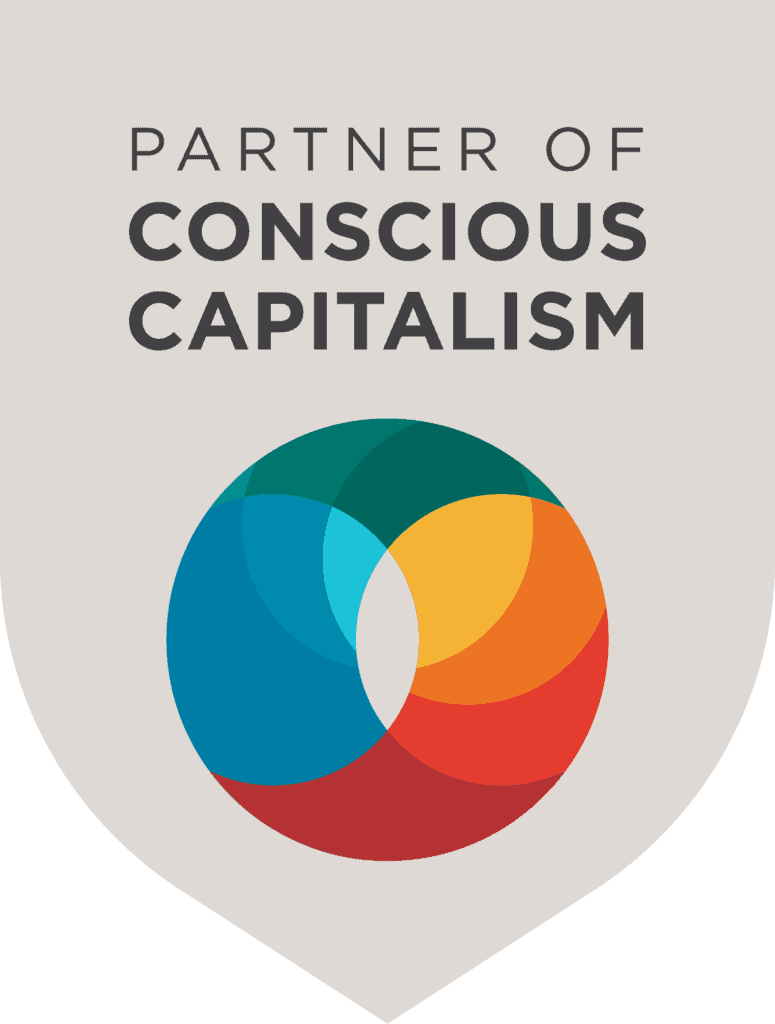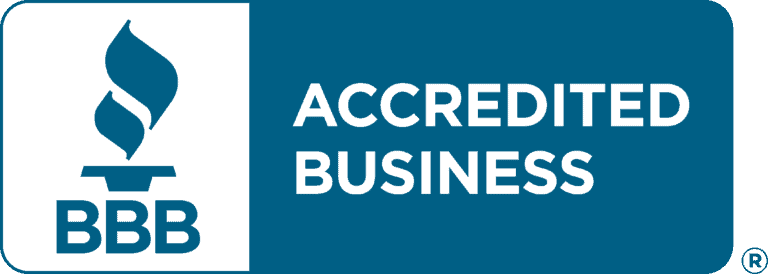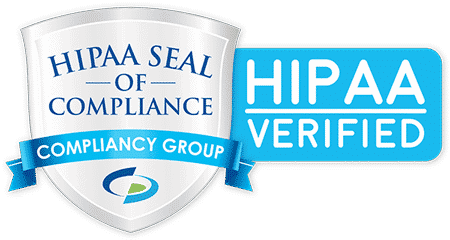One of the major concerns we are trying to tackle is rising drug prices. Again we are seeing during the global pandemic healthcare takes center stage. As a result, while these hikes in drug costs are relatively unexpected, one can easily predict that healthcare is not cheap.
In 2020 alone, prescription drug expenditure in the US clocked $358.7 billion, a steep increase from the previous year’s $345.7 billion. Americans spend on average $1,200 per person yearly on drug costs, ranking the US higher than any other country in the world on drug expenses.
There are a lot of factors that determine the increase in drug costs. However, one of the significant factors is new and approved drugs pushing higher prices. Admittedly, healthcare insurance companies are implementing a host of strategies to control the prescription costs for users and expensive medications for doctors.
Thus, it is essential to ask the following questions:
What Prescription Drugs does Your Health Plan Cover?
Your healthcare plan most likely does not cover all prescription drugs. More often than not, you are spending more money on a drug that your healthcare plan does not include. One of the surefire ways to manage this situation is to review the prescription drugs covered in your insurance plan critically.
The list of drugs included in your healthcare insurance plan is called a formulary. Formularies typically comprise of:
- Generic drugs and brand-name medications
- Co-insurance or co-payment for drugs
- Drugs that are automatically included with a doctor’s prescription. Other medications may be covered to treat special medical conditions if the drugs covered have been initially tried unsuccessfully.
To know the drugs covered in your health insurance plan, contact your insurer to obtain a recent copy of your formulary. Better still, you can visit their website.
If you have not subscribed to an insurance plan, you should review an insurer’s formulary to see if your drugs are inclusive. You can also discuss this with a licensed agent to have an overview of what drugs it covers.
How Much Do Your Prescription Drug Costs?
This is not a question that you can answer quickly. Why? Because drug costs vary as a result of the insurance coverage. However, it is divided into three major types:
- Drug Coverage Before Deductible. If your healthcare insurance plan takes care of your drugs before you meet your deductible, your drug costs will be shared due to co-insurance or co-payment. Thus, any out-of-pocket cost is solely dependent on the drugs you buy.
- Drug Coverage After Deductible. Noticeably, healthcare plans do not cover the cost of prescribed drugs until you meet your deductible annually. It is essential to note the plans that mandate you to fulfill a deductible before coverage is set.
- Drug Coverage for a Special Prescription Drug Deductible. There are healthcare plans that have deductibles for prescription drugs. Most of these deductibles are relatively lower than other medical care. In this type of coverage, co-payment or co-insurance is implemented.
Always remember that healthcare plans do not cover all drugs. Depending on your arrangement with your provider, you can make a special request for an exception. You can also sign up for a discount program to save up to 50% on prescription drugs.
What Prescription Drug Coverage Tier is Your Plan?
Prescription drug coverage tiers are the various ways to group drugs to advise consumers on the cost-effective choice to make. The tier structure is heavily dependent on your health plan. Coverage tiers are as follows:
- Generic Drugs. The drugs in this tier are generic, having the lowest copayments.
- Brand-name Drugs. Your copayment for drugs in this category is typically higher than the first.
- Non-preferred Brand-name Drugs. For drugs in this category, your copayment is much higher than those of the other tiers.
- Specialty Drugs. Drugs in this tier treat a specific medical condition and are more expensive than the rest.
It will help if you determine which of the aforementioned drug tiers your healthcare plan falls into. If, for instance, your plan is on a higher tier, your out-of-pocket costs will be higher.
How Can You Lower Your Prescription Drug Costs?
The following are the various ways you can control your prescription out-of-pocket drug costs.
- Review your formulary. Take your time to check if your prescription drugs are covered in your formulary before you subscribe to the plan.
- Review the rules of your plan. It would be best if you determine whether a co-pay can cover your prescription or you would need to meet your annual deductible first.
- Review various healthcare plans. Scout various healthcare plans from different insurance providers and settle for the best deal.
Prescription drug prices are not coming down soon. With a preferred healthcare plan, you can control how much you spend on prescription drugs.
Reach out to us today if you would like to discuss further.






